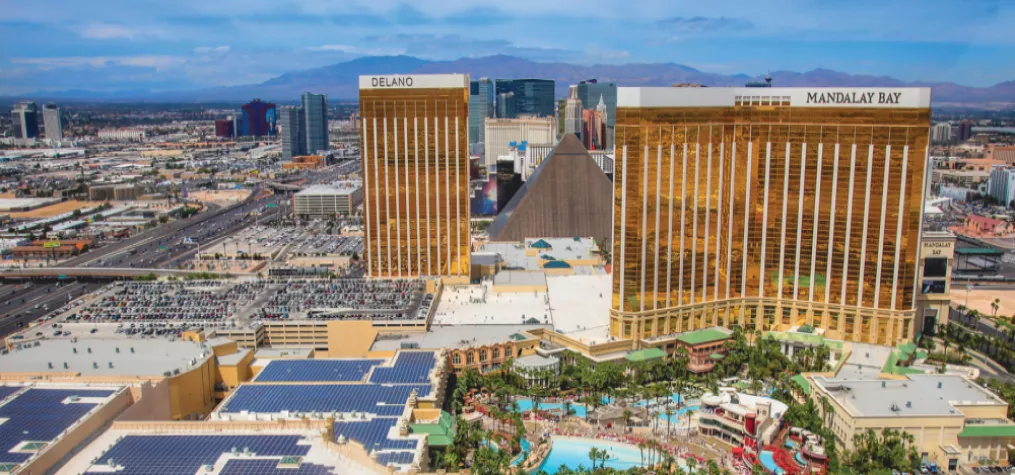Ronnie Higgins

As Content Marketing Manager at Eventbrite, Ronnie Higgins helps event planners level-up their registration game, whether for a conference, a class or a citywide party.
Event planners wear a ton of hats. From juggling venues and caterers to managing staff members, selling sponsorships and negotiating with vendors, you have no shortage of responsibilities. If you don’t have an organizational strategy in place, that to-do list can become overpowering.
While the highs of successful events are hard to match, the weeks leading up to those events are incredibly stressful. Most event professionals struggle through plenty of sleepless nights as they fret over important details, and they often have too many things on their plates to handle anything time-consuming. The prospect of burnout only adds more potential stress to the role.
To minimize these feeling of stress and ensure your event goes off without a hitch, use these three tips:
Anything that you can do to plan ahead of time will reduce the amount of last-minute panic you encounter later. Your event promotion plan is no different, especially if you’re planning multiple events at the same time.
Use a promotional calendar template for events to help you keep track of your marketing activities in one place. You’re able to input exact dates for every email invite, paid advertising campaign and social media promotion, ensuring you no longer have to think on the fly.
After you’ve created an event promotion calendar, you can then automate the promotions themselves. The average event organizer uses more than 10 different tech tools, but automation will help you streamline your tasks.
For example, platforms like Hootsuite allow you to schedule your social promotions from one hub instead of logging into every social network your event uses. You can also save time by automatically publishing your Facebook Events from your event registration platform. As a bonus, this step will also make it easier for attendees to register.
Writing event emails each day takes a lot of time away from more important tasks. You’re probably writing a lot of similar emails, so why not turn them into templates? Think about the number of invites, last-minute reminders, and purchase confirmations you can template and then customize for different events and audiences. By writing a handful of emails instead of hundreds, you'll save yourself the time and headache of coming up with interesting copy every time.
Your event-planning checklist probably never seems to get shorter as you get closer to an event. More tasks are added to the pile as new contingencies pop up and carving out time to unwind likely seems like an impossible dream. But doing everything you can to avoid burnout in advance will help you stay focused on the task at hand and excited for what’s to come — a fabulous event.
